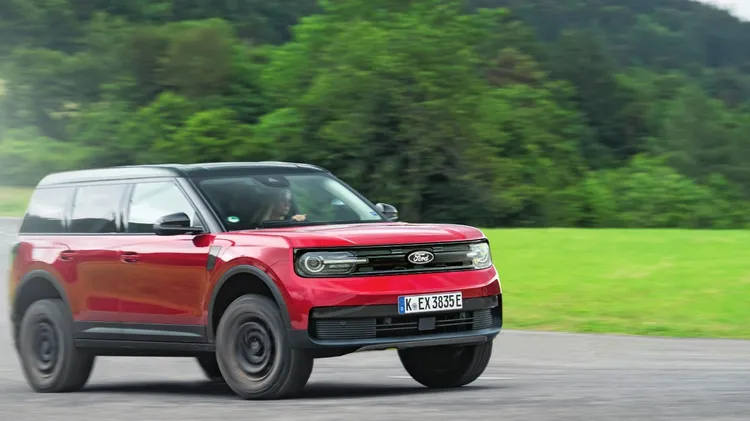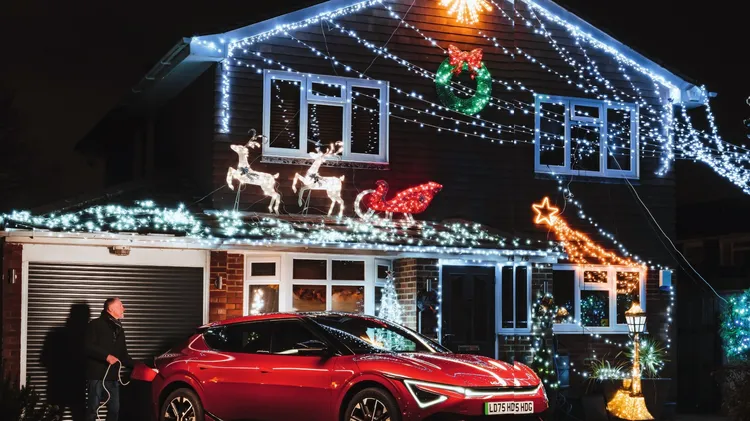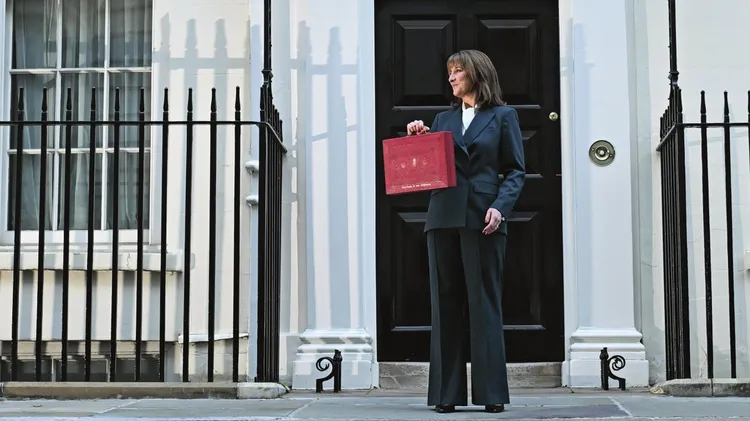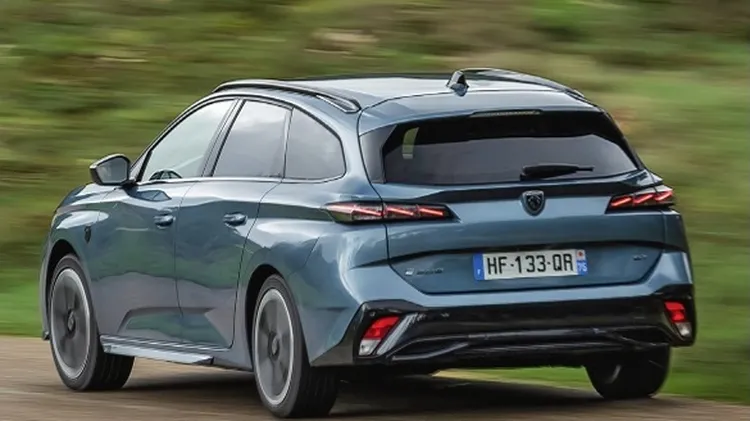We pay a visit to Ecobat’s facility in the West Midlands, whic
Where ev ba tteries go to die
5 min read
This article is from...
Read this article and 8000+ more magazines and newspapers on Readly






